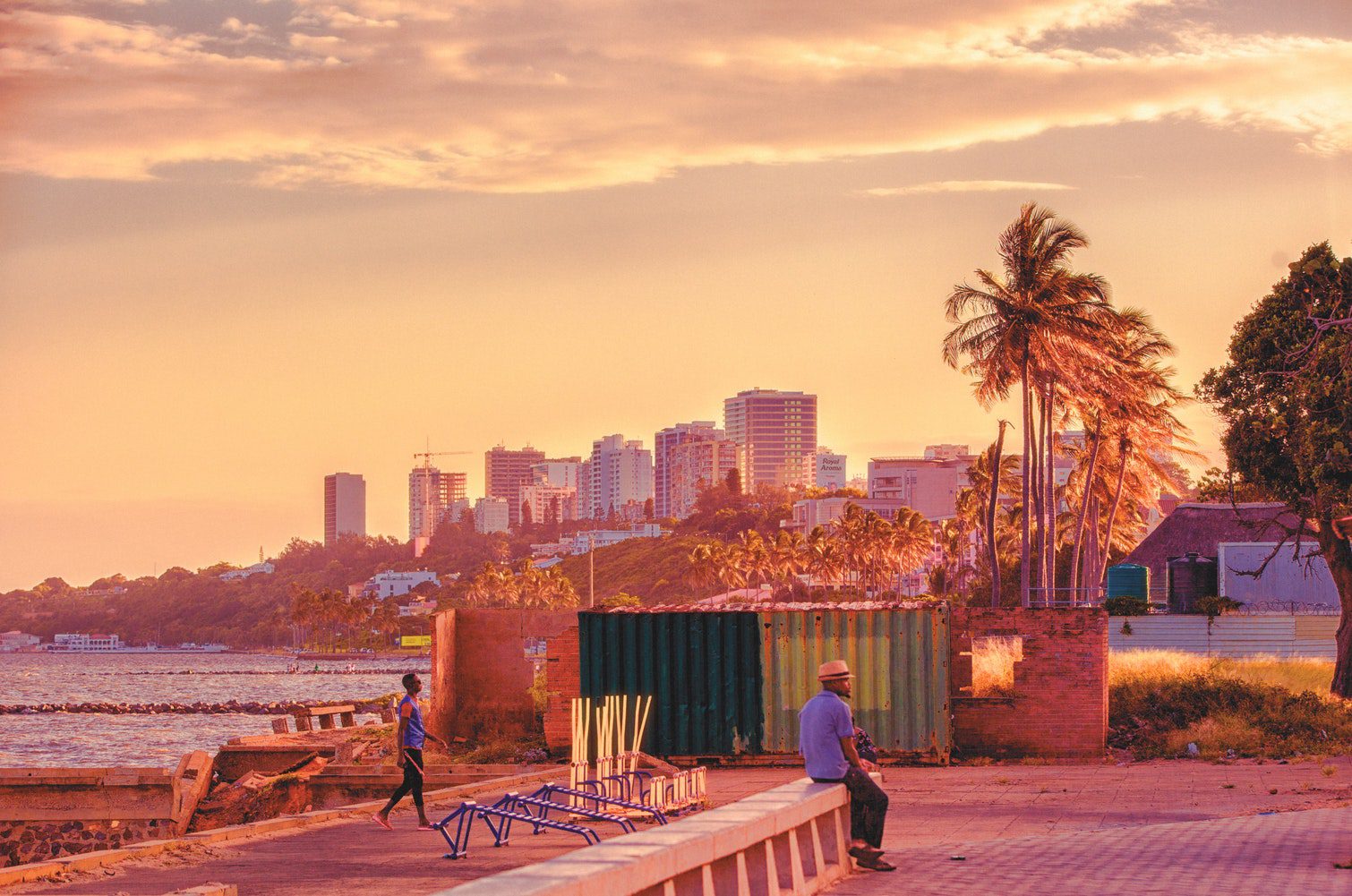There are a few greater challenges to the human mind than to discuss the state of property rights in Nigeria and Africa. Not many dare face this bull in the eye. But I will. And to rightly understand the situation Africa finds itself, I will categorize property rights into three dimensions: the legal and political environment; intellectual property rights; and physical property rights. The latter is of special interest here.
For the sake of general understanding, property rights are any body of laws created by a country’s government to define how individuals can own, benefit from and alienate property. It is the definite and indivisible right of an individual to control and use owned resources or property.
However, such rights can be exercised either by the individual or a government.
[perfectpullquote align=”right” bordertop=”false” cite=”” link=”” color=”” class=”” size=””]“… Law, Liberty and Property are an inseparable Trinity.” – Friedrich Hayek.[/perfectpullquote]
Why Private Land Ownership is Important
In addition to the right to use and control resources derived from property ownership, the concept of property right also includes the right to delegate these resources at one’s will. The right to sell at a cost, rent or otherwise, alienate such resources.
Where there is no individual ownership of property, there will be an absence of interest in preserving the land, or its resources, which are vital to the production process.
An individual will see no need to be productive with any resources he does not own or to which he has exclusive responsibility.
This apathy eventually leads to what social scientists call the tragedy of the commons—people not concerned about the preservation of resources but only its use, often in excess.
The absence of property rights can also bring about destructive competition among individuals in the community for the control of economic resources available on such properties. People need to know who owns what, and to what extent.
The Situation in Africa
Sadly, African countries scored poorly in the 2018 International Property Rights Index (IPRI). This index measures the degree to which a country’s laws protect private property, and the degree to which its government enforces those laws. Higher scores here mean that the properties in the concerned country are better protected, and vice versa.
More than half of the least ranked 20 percent are African countries. Nigeria, Zimbabwe, Burundi, Chad and the Democratic Republic of Cong are among the bottom 10. Only Rwanda is among the top 35 ranked countries. Others are mostly rock bottom or sparsely in the 4th quintile.
According to a World Bank analysis, if countries can revolutionize the complex procedures surrounding land ownership alone, there will be a significant increase in food production.
Perhaps, the greatest challenge to property rights in Sub-Saharan Africa is that most of the land has no registration of who owns what. Even the World Bank estimates that about 90 percent of Africa’s rural land is undocumented.
Property Rights in Nigeria
In Nigeria, for instance, the state of private property ownership is terrible. The right to own is firmly in the hands of the state as provided in section 1 of the Land Use Act (cap. L5 LFN 2004).
This section designates all land within a state to the Governor. But those in the rural communities are usually within the oversight of the local governments.
This is obviously one of the reasons why Nigeria ranks 116 out of 125 countries studied in the IPRI. But the benefits of individual ownership of property cannot be overemphasized.
Moving Forward
To realize this, Nigeria and other poorly ranked African countries must amend laws in comparison to the Land Use Act. They must also encourage land ownership registration and educate people about land tenure and ownership rights. The result will be quick but lasting.
There would be an increase in economic growth and entrepreneurship. Individuals will have better access to title deeds that can be used as collateral to secure loans for commerce.
Such an atmosphere is necessary to lure investors, which of course Nigeria and the rest of Africa desperately need. Potential investors will be confident in realizing profits by building and developing land knowing fully that such land and tenure is secure.
The above is not in any way exhaustive. For Nigeria and the rest of the continent to flourish, law and property must be aligned to the individual’s benefit as the three—as opined by Hayek quoted above— are dependent on each other.
Oyinkan Adebimpe is a Local Coordinator at African Students For Liberty. She is the president of All Nations United Nations Students Association (ANUNSA) at the University of Ibadan where she is studying for a law degree.

